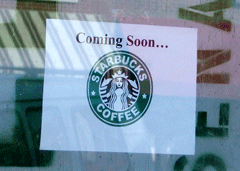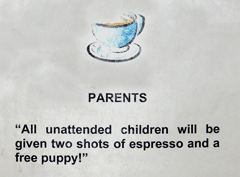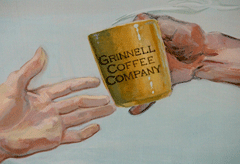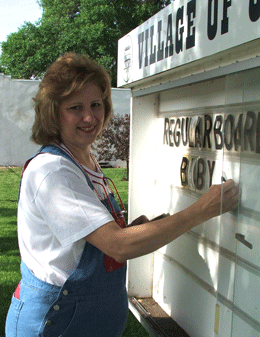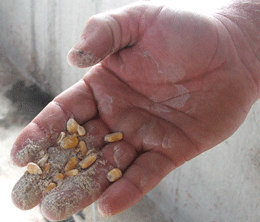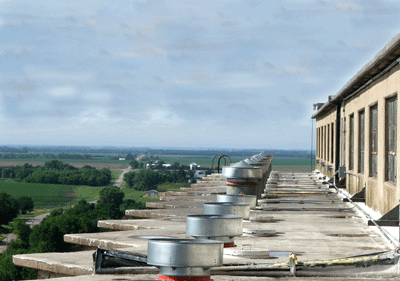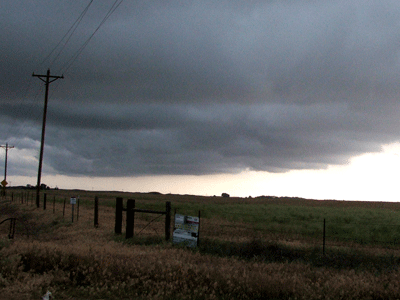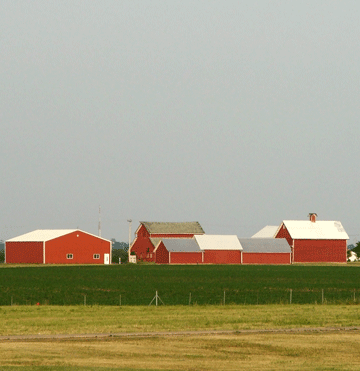
Tales of a 21st Century Gypsy
June 3, 2005 On the road from Rockford to Boulder.
I convinced my friend David from Boulder to come with me to visit Yellowstone and the Grand Tetons. It made my plans confusing, because of all Matilda’s mechanical problems. David is a professor, and lives on a sort of normal schedule, where vacations are distinct from ordinary life, and have to be scheduled and planned in advance. Whereas I make my plans mostly as I go, and if they change it doesn’t really matter. I’d already pulled out on everyone else I was supposed to meet up with between Buses by the Beach and the west coast, but I didn’t want to pull out on this one.
So when Matilda was finally repaired, I made a beeline from Rockford to Boulder – well, not quite a beeline, but three days of pretty steady driving with hardly any stops. I sometimes wish I could document drives like that with a photo a mile, to capture how the landscape – both natural and manmade – changes. Around
Rockford, there are rolling hills and forests, suburban development and small cities like Grand Rapids. Heading into Indiana on the highway, I saw signs for the lakeshore and the dunes, but I didn’t stop to look at them. I’d heard a lot about Gary, mostly that I shouldn’t get off the highway there. The landscape became gray and industrial, and the road oppressive with traffic and construction as I drove slowly through. An hour or two past Chicago, I stopped in a town called Ottawa to work out at the Y. The weather was hot and sunny, and the Y was mostly unairconditioned. The town seemed bleak, though there was a pretty blue lake with a trail around it behind the Y parking lot. After the Y, I jumped back on the highway, finally stopping in a rest stop a few miles past Iowa City to sleep for the night.
